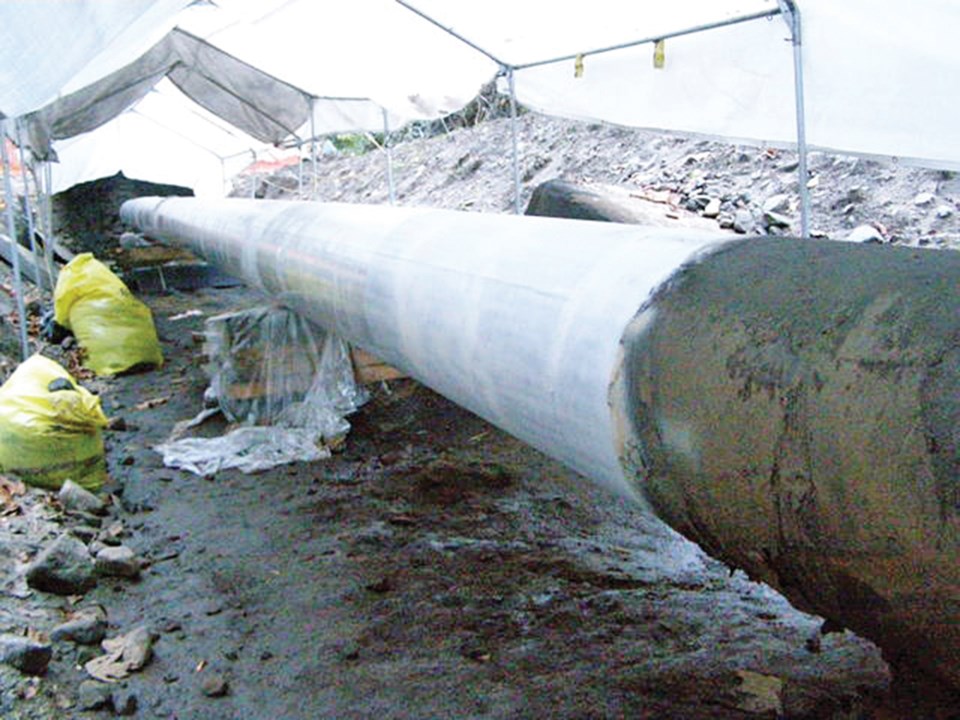Well, things are about to finally get real over the Kinder Morgan pipeline expansion project.
Oh, the protests against the project and the resulting arrests were all very nice for the television news cameras and all that. And various court proceedings have come and gone, with some still remaining. However, Kinder Morgan fired a shot across the bow of three different governments this past weekend.
The bombshell announcement that it was suspending all non-essential work on the project and making May 31 the drop-dead day for it – a final decision on whether to proceed or not – Kinder Morgan pushed the fight for or against the pipeline to new levels.
By establishing such a tight timeframe, Kinder Morgan has put enormous pressure on the federal and Alberta governments to act quickly in finding ways to force the B.C. government off its anti-pipeline position, at least in court.
The B.C. NDP government, for its part, will now have to stand up to what may be serious economic attacks from both Ottawa and Alberta. Alberta Premier Rachel Notley was quick to say her government will soon introduce and pass legislation allowing it to limit oil shipments to B.C., a move that energy analysts say could potentially cause the cost of filling up your car to skyrocket.
Just hours after Kinder Morgan’s announcement, Notley took to social media using language that seems rather foreboding.
She tweeted: “Alberta is prepared to do whatever it takes to get this pipeline built – including taking a public position in the pipeline. Put another way, Alberta is prepared to be an investor in the pipeline. This pipeline will be built.”
Then she added, “We will be bringing forward legislation giving our government the powers it needs to impose serious economic consequences on British Columbia if its government continues on its present course. Let me be absolutely clear, they cannot mess with Alberta.”
And Ottawa will now have to shift from the prime minister impatiently stamping his feet and demanding that B.C. comply with his edict that the pipeline must be built, to a more aggressive stance that may inflict real economic pain on the B.C. government.
As I have pointed out in this space before, B.C. needs literally billions of dollars from Ottawa to meet all kinds of commitments, including building transit lines and housing and funding health care.
Over the next seven weeks, all three governments could enter some very dangerous political territory that has potential implications for the rest of the country.
From Ottawa’s perspective, it cannot allow an individual province to supersede federal jurisdictional power as set down by the constitution. Such a precedent could embolden other provinces to defy the federal government on other matters, potentially leading to chaos and a greatly weakened federalism.
B.C., on the other hand, wants to establish new law that would give provinces veto power over anything it deems to have an impact on its environmental values.
In the middle of all this lies the Canadian economy. The stakes are huge no matter what the outcome, but Kinder Morgan’s move has put everything in much clearer focus. Things are finally getting real.
Keith Baldrey is chief political reporter for Global B.C.



